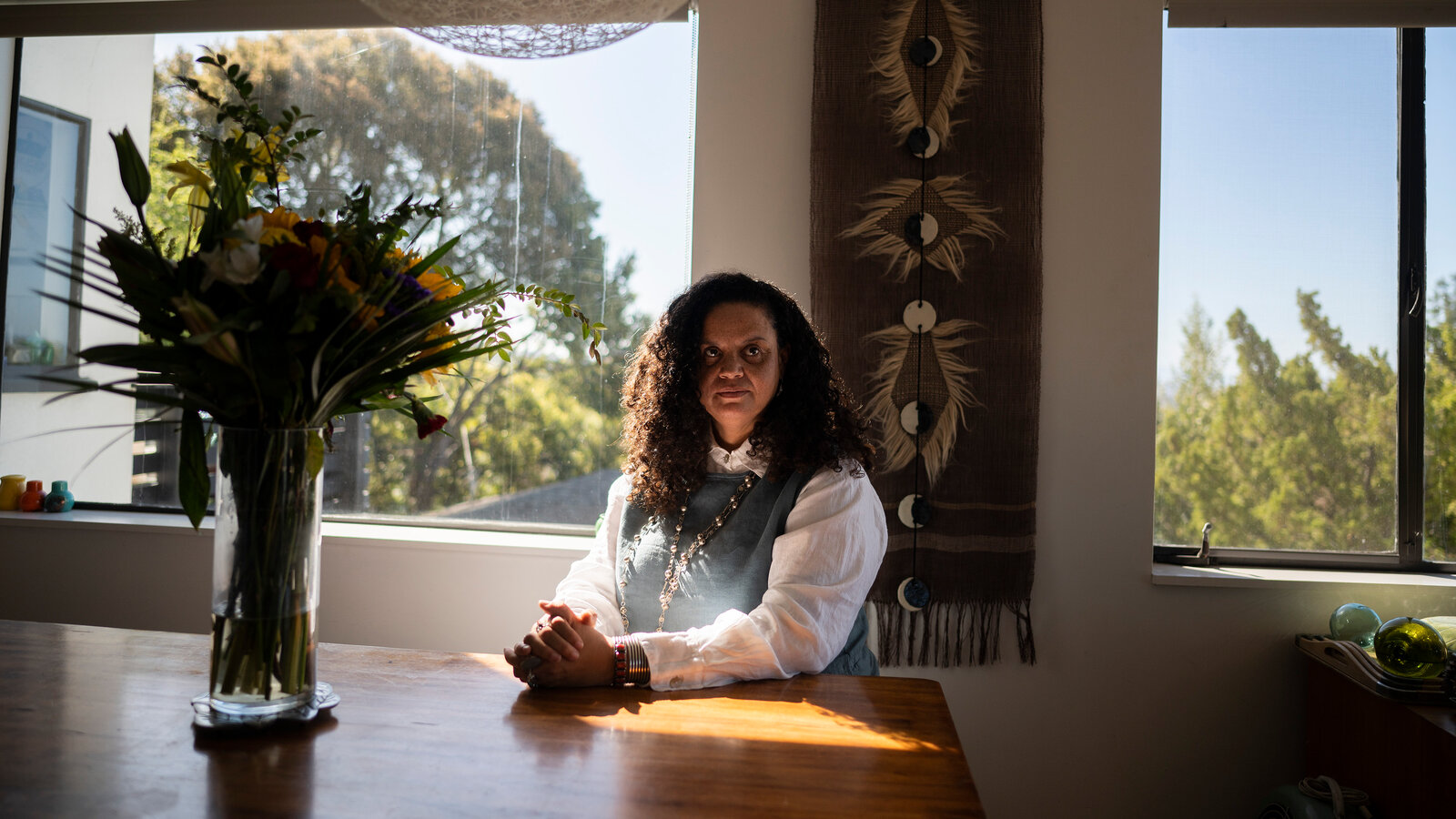The realm of academia, particularly law schools, has always been a battleground for ideological clashes and debates surrounding free speech, diversity, and inclusion. One recent incident at Stanford Law School has reignited discussions on these crucial topics, leading to the resignation of a key diversity official and sparking reflections on the challenges of balancing competing principles in a polarized society.
The Incident: A Clash of Ideals
The controversy unfolded on March 9, when federal appeals court Judge Stuart Kyle Duncan, appointed by former President Donald Trump, was scheduled to give a talk at Stanford Law School. Duncan’s past stances against same-sex marriage and transgender rights had already sparked controversy and opposition among some students.
As Judge Duncan attempted to address students from the conservative Federalist Society, raucous protesters disrupted the event, creating a tense atmosphere. Amidst the chaos, Tirien Steinbach, the law school’s associate dean for diversity, equity, and inclusion, stepped into the spotlight by aligning herself with the student hecklers.
Video footage captured Steinbach discouraging Judge Duncan from continuing his talk, questioning the value of his presence by asking, “Is the juice worth the squeeze? Is this worth it?” Her actions were seen by many as a departure from the principles of free speech and academic discourse, as she appeared to side with those disrupting the event rather than upholding an environment conducive to diverse viewpoints.
Fallout and Responses
The aftermath of the incident was swift and impactful. Stanford Law School Dean Jenny Martinez took action by placing Steinbach on suspension and mandating free-speech training for students. In a rare display of inclusive leadership amid contentious debates, Dean Martinez issued a 10-page memo emphasizing the importance of protecting free expression while upholding diversity, equity, and inclusion.
The memo acknowledged the challenges faced by both the administration and the student body during the incident, recognizing the need for better preparedness, clear protocols, and effective navigation of tensions in such situations. Martinez’s stance highlighted the delicate balance required to foster an environment where diverse perspectives can coexist while ensuring respectful discourse and academic integrity.
Steinbach’s Resignation and Reflections
On May 2, Tirien Steinbach announced her resignation from Stanford Law School, citing a desire to pursue other opportunities. While her departure marked the end of a tumultuous chapter, it also raised questions about the complexities of managing diversity, free speech, and inclusivity in academic settings.
In a statement, Steinbach reiterated the importance of free speech and diversity, acknowledging the challenges inherent in balancing these principles. Her departure, while a result of the controversial incident, also signaled a broader conversation about the evolving landscape of academic discourse and the responsibilities of diversity officials in navigating sensitive issues.
Lessons Learned and Moving Forward
The Stanford Law School controversy serves as a microcosm of larger societal debates surrounding free speech, diversity, and inclusion. It underscores the nuanced challenges faced by educational institutions in upholding academic freedom while fostering an inclusive environment for all students and faculty members.
Moving forward, the incident prompts critical reflections and considerations:
- Balancing Act: How can universities strike a balance between free speech rights and creating a safe and inclusive space for marginalized communities?
- Leadership and Communication: What role do academic leaders play in managing controversial events, communicating effectively, and mitigating tensions?
- Training and Education: How can institutions implement robust training programs to educate students and staff on free speech principles, respectful discourse, and diversity awareness?
- Community Engagement: In what ways can universities engage with diverse stakeholders, including student groups, to address concerns, foster dialogue, and promote mutual understanding?
Conclusion
The resignation of Tirien Steinbach and the broader implications of the Stanford Law School incident highlight the ongoing challenges and complexities inherent in navigating free speech, diversity, and inclusion in academic settings. As institutions grapple with these issues, thoughtful dialogue, inclusive policies, and proactive leadership will be essential in fostering environments that uphold fundamental values while embracing diverse perspectives.







